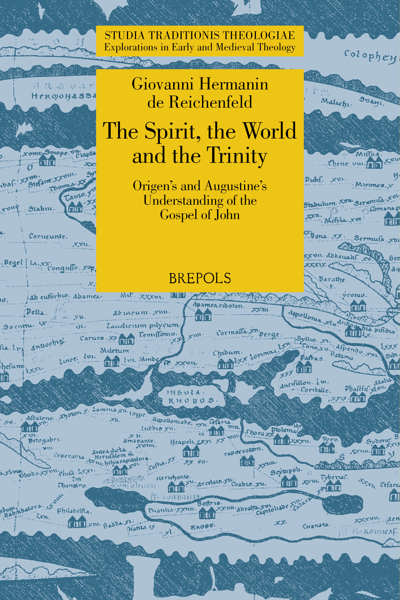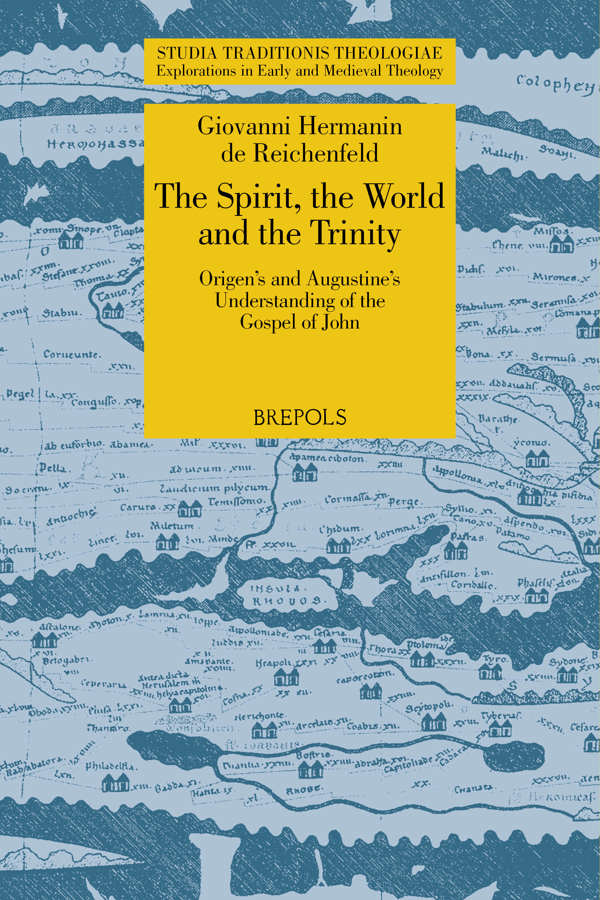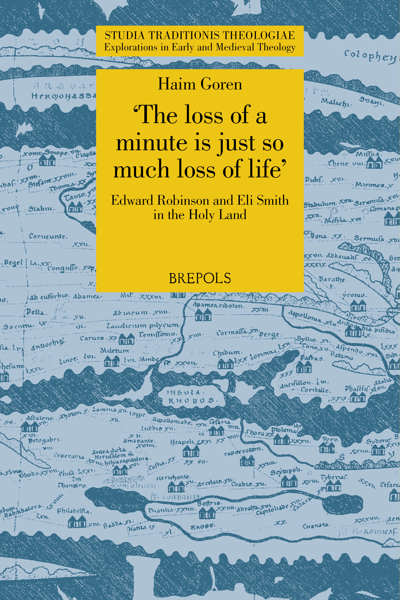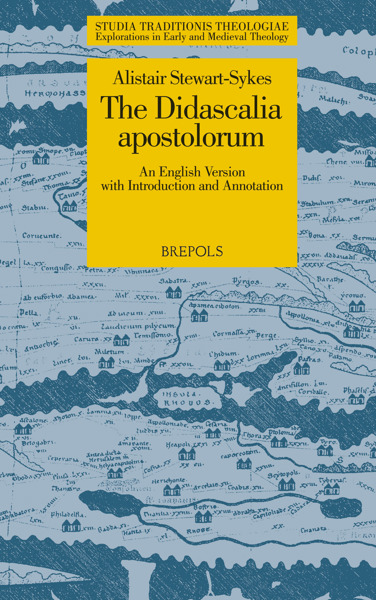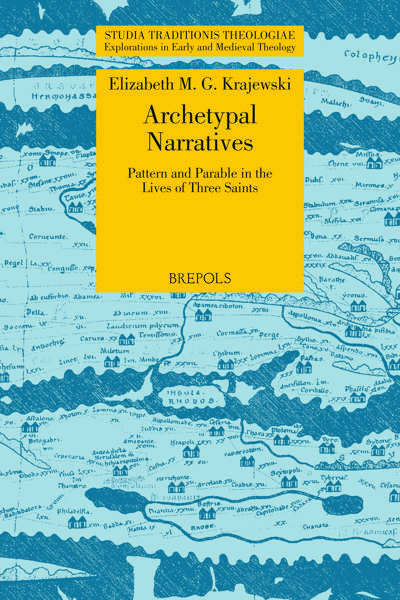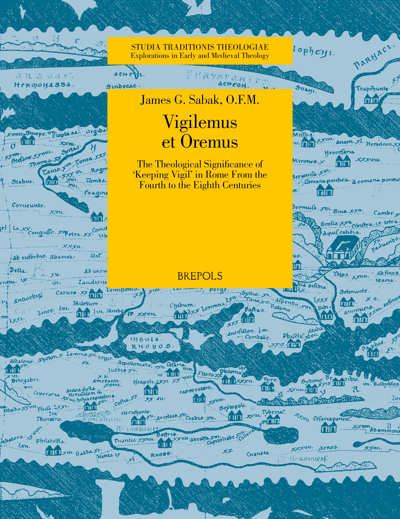
The Spirit, the World and the Trinity: Origen’s and Augustine’s Understanding of the Gospel of John
Giovanni Hermanin de Reichenfeld
- Pages: 276 p.
- Size:156 x 234 mm
- Language(s):English
- Publication Year:2021
- € 65,00 EXCL. VAT RETAIL PRICE
- ISBN: 978-2-503-58991-6
- Paperback
- Available
- € 65,00 EXCL. VAT RETAIL PRICE
- ISBN: 978-2-503-59043-1
- E-book
- Available
The Spirit, the World and the Trinity is a comparative, text-oriented study which assesses the role and functions of the Holy Spirit in the theology of Origen of Alexandria and Augustine of Hippo, with a particular focus on the extent to which the Gospel of John shapes and informs their respective theologies.
Dr. Giovanni Hermanin de Reichenfeld completed his PhD at the University of Exeter in 2019. After teaching in different universities in the UK and Italy, he is currently Adjunct Lecturer at the Institutum Patristicum Augustinianum, Pontificia Universitas Lateranensis (Rome, Italy). His publications span from Trinitarian theology to biblical interpretation in both Greek and Latin patristic authors.
How come that ancient Christian authors elaborated a theology of the Holy Spirit? This innovative study tackles this question by analysing how the exegesis of the Gospel of John shaped the Trinitarian and soteriological agency of the Holy Spirit in the theologies of two of the most important Christian authors of all times: Origen and Augustine. Overall, it proposes a re-evaluation of some of the most debated doctrines of the two authors such as subordinationism in Origen and the understanding of Gods essence in Augustine, showing that the Johannine Father-Son-Spirit relation and the dichotomy between God and the world represent the foundation on which Origen and Augustine built their pneumatologies. The heuristic comparison proposed in this book is focused on the three large themes towards which Origen and Augustine represent opposite approaches: the understanding of the immanent Trinity, the dualism between God and the world, and the proper role of the Holy Spirit. On the one hand, Origen puts forward a paradigm of participation to explain the oneness and threeness of God, and of transformation to explain human participation in God. On the other, Augustine refers to God's self-relation through a paradigm of identity, and to salvation of humankind as an act of separation of the wicked world from the saved. These two trinitarian and soteriological constructions are shaped by a different understanding of the Gospel of John: while Origen's theology mostly smooths the gospel's dualism between God and the world by interpreting God's salvific act as a gradual spiritualisation of the world, Augustine tends to accentuate the Gospel's dichotomies by radicalising the Johannine dualism.
